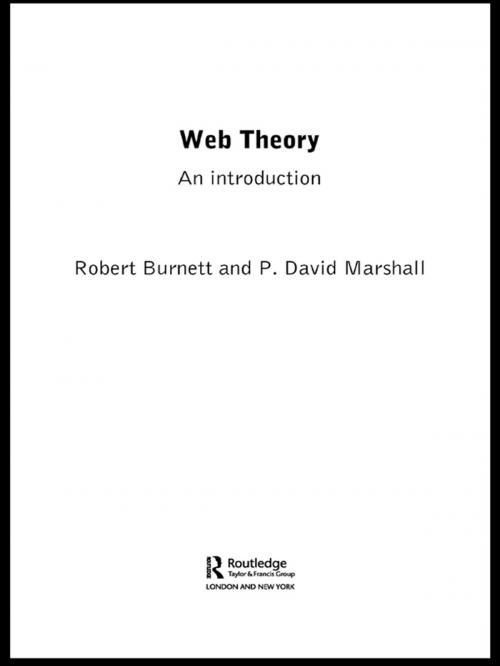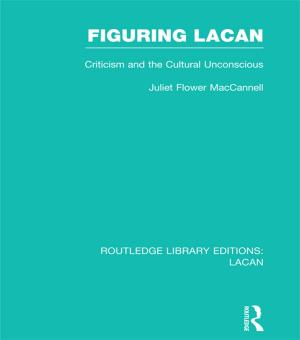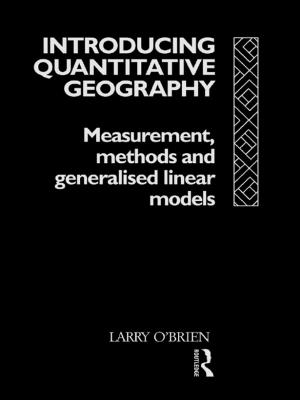Web Theory
An Introduction
Nonfiction, Social & Cultural Studies, Social Science, Cultural Studies, Ethnic Studies| Author: | Robert Burnett, David Marshall | ISBN: | 9781134556816 |
| Publisher: | Taylor and Francis | Publication: | February 24, 2004 |
| Imprint: | Routledge | Language: | English |
| Author: | Robert Burnett, David Marshall |
| ISBN: | 9781134556816 |
| Publisher: | Taylor and Francis |
| Publication: | February 24, 2004 |
| Imprint: | Routledge |
| Language: | English |
Web Theory is a comprehensive and critical introduction to the theories of the internet and the world wide web. Robert Burnett and P. David Marshall examine the key debates which surround internet culture, from issues of globalisation, political economy and regulation, to ideas about communication, identity and aesthetics.
Web Theory explore the shifts in society, culture and the media which have been brought about by the growth of the world wide web. It identifies significant readings, web sites and hypertext archive sources which illustrate the critical discussion about the internet and it mediates these discussions, indicating key positions within each debate and pointing the reader to key texts.
Web Theory includes:
*Chapters showing how specific media have been affected by the internet
*Boxed case studies and examples
*References, an extensive bibliography and a list of web sites
*A glossary of key terms with important words highlighted in the text
*A Web Theory timeline which details important events
*A comprehensive and regularly updated website at www.webtheory.nu with inks and support material
Web Theory is a comprehensive and critical introduction to the theories of the internet and the world wide web. Robert Burnett and P. David Marshall examine the key debates which surround internet culture, from issues of globalisation, political economy and regulation, to ideas about communication, identity and aesthetics.
Web Theory explore the shifts in society, culture and the media which have been brought about by the growth of the world wide web. It identifies significant readings, web sites and hypertext archive sources which illustrate the critical discussion about the internet and it mediates these discussions, indicating key positions within each debate and pointing the reader to key texts.
Web Theory includes:
*Chapters showing how specific media have been affected by the internet
*Boxed case studies and examples
*References, an extensive bibliography and a list of web sites
*A glossary of key terms with important words highlighted in the text
*A Web Theory timeline which details important events
*A comprehensive and regularly updated website at www.webtheory.nu with inks and support material















